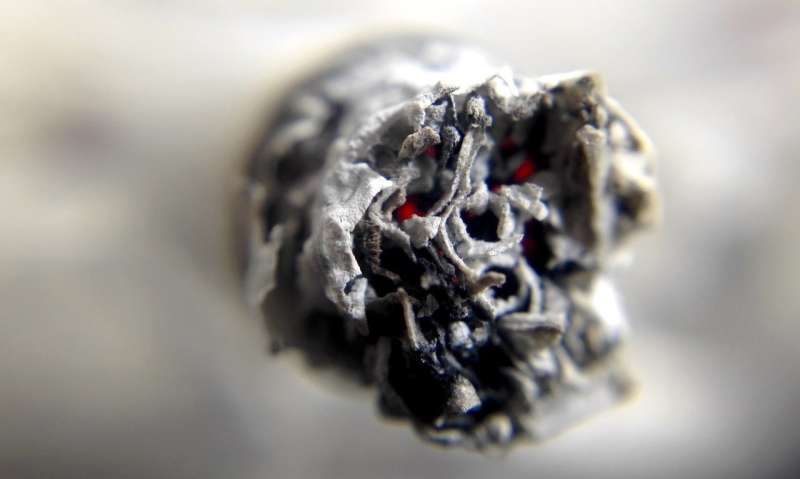Credit: CC0 Public Domain
Marijuana and its active components (THC and CBD) exist in many forms and strengths and can affect people in different ways.
If you choose to use, consider these questions:
Do you know your limits?
If you plan to use, consider when you'll be using, where you'll be and who you'll be with. The effects of marijuana can differ from person to person. Affects also vary based on the strain and how it's used or consumed.
If using edibles, be mindful of serving sizes and allow yourself at least two hours to react before ingesting more. This can help reduce the likelihood of experiencing a bad high. It's also good to be mindful of potency. Some marijuana forms, like dabs (hash oil), have much higher concentrations of THC. For reference, flower usually contains 10-30 percent THC while concentrates commonly contain 60-90 percent or more. Choose products that are within your own limits, and always follow the guidelines and directions provided on the packaging.
How does marijuana affect your health?
According to research from the U.S. Department of Health and Human Services, smoking marijuana can increase an individual's risk of lung and heart disease in the same way as smoking cigarettes. This research also shows, regardless of how it's used, marijuana can significantly impact brain health.
The short-term effects of marijuana use include attention deficit as well as impaired memory and recall. Longer-term effects include potentially permanent decreased learning and an increased risk of certain mental health disorders, according to studies published by the Proceedings of the National Academy of Sciences and the Schizophrenia Bulletin.
How will you know if your marijuana use is a problem?
People may not realize how their use is affecting them. Common indicators include missing deadlines, chronic coughing, impacting relationships, memory loss or failed attempts to cut down on use or stop using completely.
Journal information: Proceedings of the National Academy of Sciences
Provided by University of Colorado at Boulder























